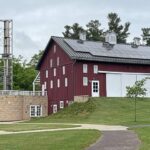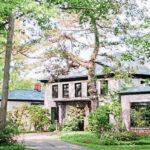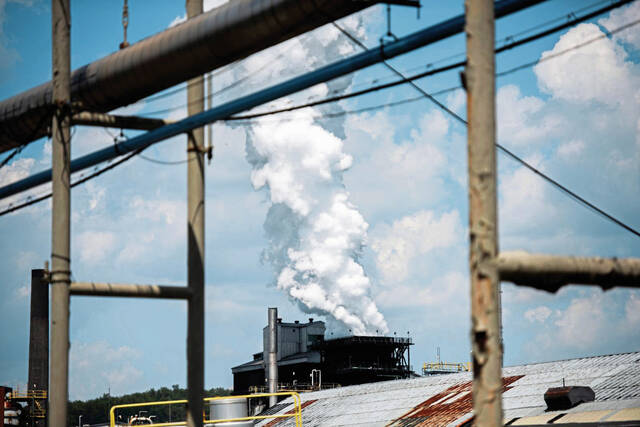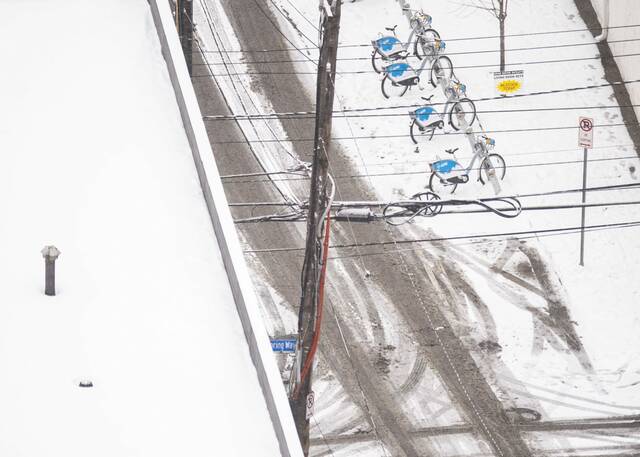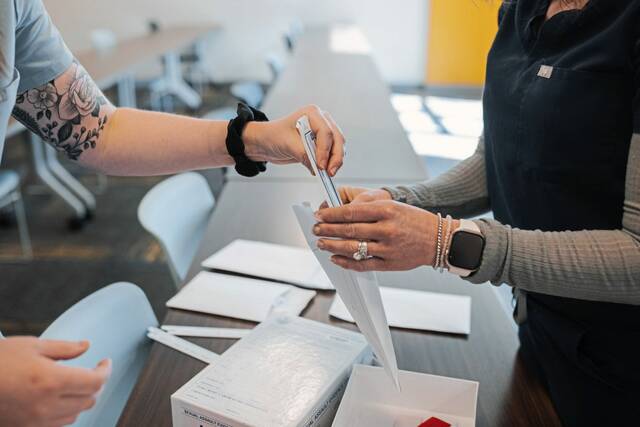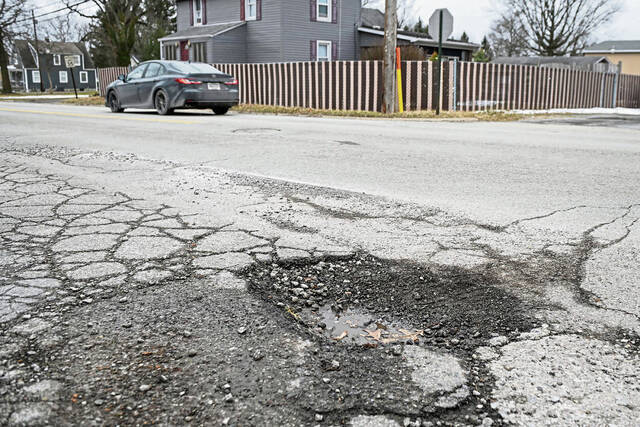Succop Nature Park, a prime trail-walking and bird-watching spot spread over 50 acres near Butler, will become even more eco-friendly as it transitions away from fossil fuels this year.
The Audubon Society-owned property along West Airport Road in Penn Township, Butler County, will use solar panels to produce 100% of the park’s power.
“Everything on the first set (of solar panels) has been inspected and tested, and we are just waiting on final approval from West Penn Power to throw the final switch,” Audubon Executive Director Jim Bonner said.
“Eventually, we plan to convert our natural gas furnace and hot water tanks on the property to electric and eliminate all of our utility costs.”
Bonner said that across the Audubon’s four facilities, utility bills top $45,000 a year. Audubon also owns Beechwood Farms Nature Reserve in Fox Chapel, Buffalo Creek Nature Park and Todd Nature Reserve, both in Buffalo Township.
Two sets of solar panels at Succop will cost about $300,000. The projects are being paid for by anonymous donors and a grant through the West Penn Power Sustainable Energy Fund.
The nonprofit invests in sustainable energy technologies that improve the environment. It previously funded Succop’s WindStax wind turbine project in 2018.
“Every year, we put out a request for proposals for people to send us their good projects,” said Barbara Robuck, from the nonprofit energy fund.
“When they came to us with the request for solar, it made sense. We’re happy to work with them again.”
Succop’s initial 80 panels were erected earlier this spring on the T.W. Phillips Barn. They are expected to generate about 75% of the park’s electric demands, Bonner said.
Later this year, a second solar array on the property’s garage will add 84 panels, resulting in the nature park self-generating all of the electric power it needs for operation.
“We have some early estimates on what we will save based on projections, but since it hasn’t been turned on yet, we don’t have an exact number,” he said.
Each array will generate about 75% of the park’s electric use, so Audubon ultimately will earn money for power pushed back onto the grid.
Design and engineering on the second set of panels are underway. Audubon expects installation to take place in September.
The grant from West Penn Power Sustainable Energy Fund also paid for installation of an induction stovetop to replace natural gas burners at Succop’s historic house and three portable induction countertop units for education purposes.
“Audubon will lend the cooktops out to people for a test drive so that they may understand the benefits before committing to a new stove for their home,” Bonner said.




